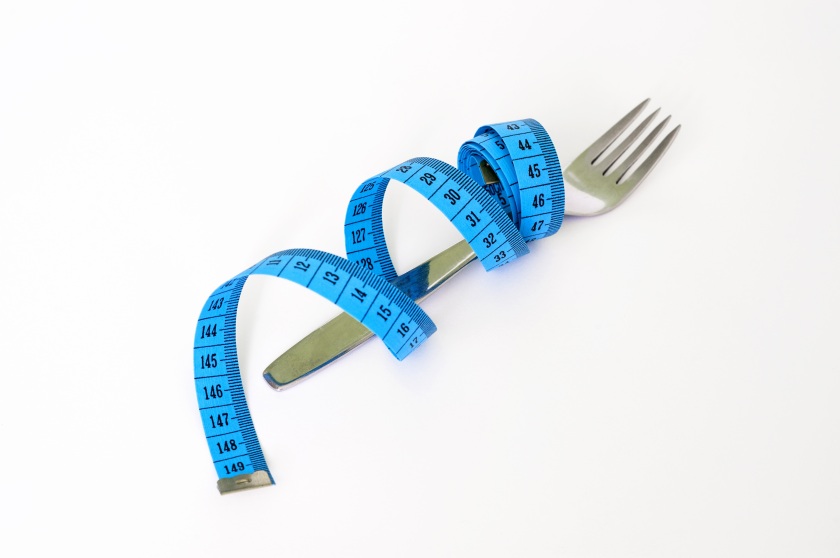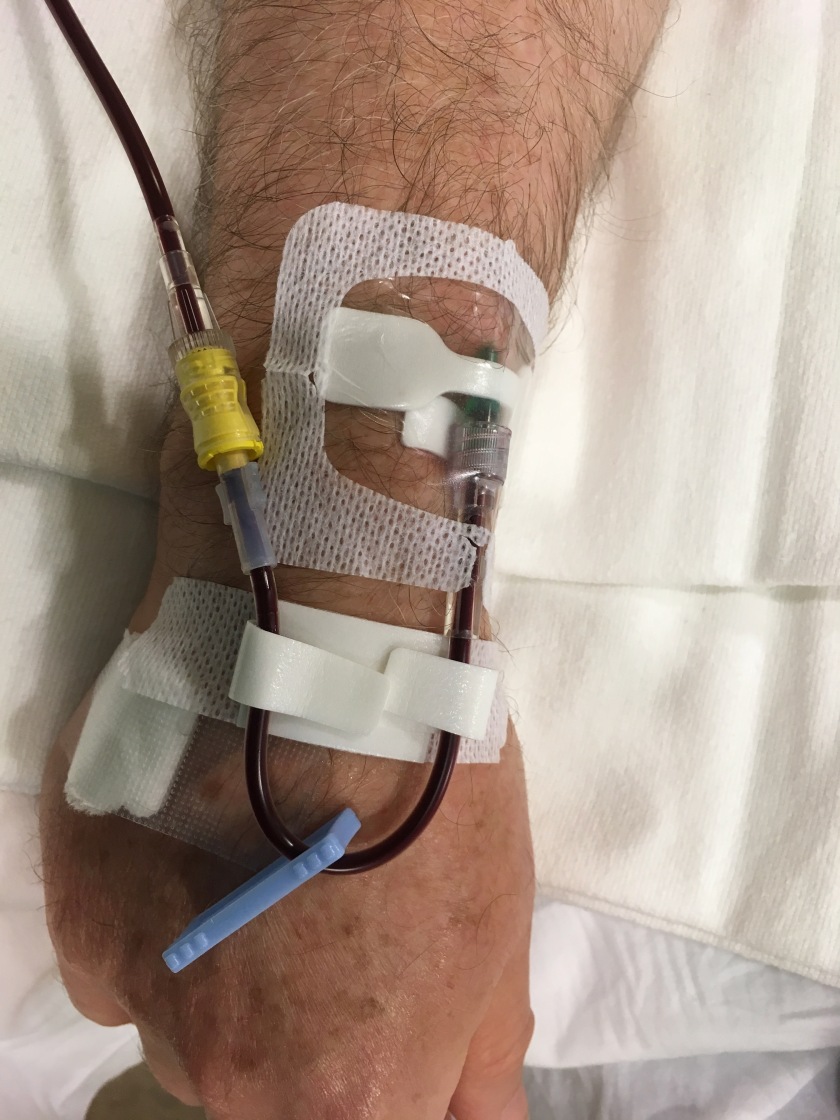I don’t recall exactly how I came across Billy Mac. It was either through a fellow blogger (probably Grace) or he happened to stumble across one of my posts and liked it, which prompted me to peek at his blog, Superman Can’t Find a Phone, where I read this. https://goodtobealivetoday.wordpress.com/2018/02/08/hell-what-do-i-know/
I was hooked and have been following him ever since. Billy is a hell of a writer. He’s insightful, brutally honest, self-depreciating, and laugh out loud funny. I love his perspective on people and life, so much so that I extended an invitation to him to grace the pages of my blog with his candor and wit. While I have never met him, although I hope to some day since we both live in New England, I consider him a friend who is among the band of brothers and sisters I have met through the blogging community.
If you have never read his stuff before, please take the time to visit his site and take a look. You will be glad you did.
Thanks for sharing Billy.
My name is Billy Mac and I am honored to have been asked by Steve to guest post on his blog. Steve is an excellent writer and a supportive member of our blogosphere and I am happy to have discovered his little corner of the internet. We faithfully read each other’s work, share experiences and there is always a positive takeaway from our back and forth. Although it tends to break convention, I think of him as a friend though we have never met in person. He’s a good guy with a great story.
As with most connections, the question may be asked: “How did you and Steve find each other?” The answer is simple, we have a common connection, and that is Chronic Illness. Steve has MS, did I mention that? Steve’s blog is about the trials and travails of living with MS, it’s right there in the title. I didn’t lead with it because it’s only a part of who and what he is.
As a relative newcomer to the Chronic Illness community (I’ve actually had Kidney Disease for decades, but I only just accepted it on, what time is it? Yea, not that long ago) I am drawn to, and consequently follow many Chronic Illness bloggers. Many of these blogs were initiated by people like Steve and I, who have a condition that has affected our lives so profoundly that we want to share it, to inform others of it, or just reap the cathartic benefits of “putting it out there” to a world of anonymous, faceless strangers to read. Many bloggers with Chronic Illness are considered fine resources for their respective conditions with personal expertise in symptom management, links to journals, studies, and news updates. But if one were to bypass reading a blog because it is tagged “Chronic Illness” you would be passing on a great opportunity. I liken it to watching the evening news, seeing a teaser about a positive, uplifting human interest story and then changing the channel. You’re missing out. They tell a great story.
Sure, we write about our illnesses. But not exclusively. We write about our lives in all of its mundane details. We have jobs, we have families, we have social lives and we write about them just like everyone else. The twist of lemon, the ingredient that makes these blogs special is how our conditions impact, shape and affect us as we live our lives. For example, Steve recently posted about the Blizzard that he (and I) had to clean up after last week. He told us about the ordeal of shoveling all of the snow. No big deal, right? Not really, until you remember that Steve has MS and that not only is he prone to fatigue but he has recently dealt with the minor nuisance of one of his legs simply giving out unexpectedly. It’s just another symptom to Steve, one more challenge in his daily life. But to the reader, his shoveling of snow just graduated from an ordinary chore to a goddamn human interest story. You will find such examples of illness permeating the everyday lives of normal people in all of these blogs. It’s easy to call them inspirational. They are, but at the end of the day, they are just regular people living their lives and not giving in to the challenges their illness throws at them. The resilience of the human spirit simply leaps off of the pages as they write.They are defining their situation before it defines them.
I am the author of Superman can’t find a phone booth and I”m a great story. I’m a great story only because I’m looking down at the dirt and not up. You may wonder where the Moniker of Superman came from. I assure you that it’s not born of inflated self-image. It is instead a very unflattering nickname sarcastically bestowed upon me by a loved one in recognition of my Superhuman ability to deny my illness. I was sick for decades but I didn’t take it seriously. I put on a good face for my family (to not worry my kids) and I dealt with my symptoms. My doctors said that I was in denial, they would later say that it worked for me. On the verge of dialysis, I received the best gift anyone could ever give, the gift of an organ donation. I had a kidney transplant and went on with my life. Then, out of the blue, the new kidney began to fail. And here I am, at the end of a long, downward spiral. I named my blog Superman can’t find a phone booth because I see myself as a strong person on the inside but without an outlet to express and release my inner self. With no phone booths in sight, I turned to the blog. Despite losing my house, my family and my career to my disease, I now find myself in a good place. With nowhere to go but up, I have a whole new outlook that I am sharing with anyone who visits my blog. I have accepted my illness and I am embracing the changes that I and my fellow bloggers with an illness are experiencing. I am part of a community. One that understands me, supports me and has watched me grow. I, in turn, support my peers and monitor their growth.
What are the takeaways from immersing yourself in the daily life of one with a chronic illness?
Here are some of mine:

“You either get busy living, or get busy dying”
Andy Dufresne, The Shawshank Redemption
Be grateful.A dear friend of mine, who also has MS once told me that having MS was a blessing of sorts. I initially rejected this notion but I have come around. It has taught her, and myself, to be among other things grateful. Grateful to be alive, to be in a position to be a resource or maybe even an inspiration to another, grateful to understand the value of things that others take for granted.
Every day of your life matters. My doctor recently told me that I, with the help of modern medicine, may live 20 more years. The clock is ticking. This makes sitting around doing nothing a massive waste of precious time. No matter what I am capable of doing today, it is unacceptable to do nothing. Set goals, try to reach them. Better to reach for the stars and drag your feet on the rooftop than to reach for the ceiling and drag your feet on the floor.
Do something with your life. I would rather live 60 fulfilling years than live to 92 and have done shit with my life. Imagine yourself as a fly on the wall of your own funeral. What will people say about you? How many people will show up? Will you be remembered as a burden or an inspiration? Did you die the friend, husband, wife, son, daughter, co-worker and citizen you envisioned yourself to be? Write your own eulogy daily by cementing your legacy in every transaction.

Leave nothing on the table. This is not just for the chronically ill. Some of us have a fast-moving Chevy meant for us. Don’t wait for tomorrow to do what you can do today. Make that call, take that road trip, pretend that “rainy day” is today. Tell people how you feel and leave them as if you’re never going to see them again. Talking to their stones simply sucks, granite can’t talk back. Everyone in my life knows what they mean to me.
Enjoy the moment. When you have your own mortality on your mind, even shoveling snow can be a moment. While I was shoveling snow last week I stopped to take a break. My heart was racing and my back hurt. As I collected myself I looked around and took a deep breath and truly absorbed my surroundings. It was a beautiful day, I wasn’t cold and it occurred to me that I didn’t have an unlimited amount of these moments, so I breathed it in and savored it.
Be your own advocate, but believe in hope. With advances in modern medicine, there is a potential cure for every disease, and I really hope for one for everybody involved. Steve has written extensively about being your own advocate, knowing your condition and learn all that you can about your condition. Sometimes doctors get it wrong. When I had my transplant, I was given a lot of information of what to expect. I was not told that my disease could potentially attack my new kidney and put me back to square one. Well, that is exactly what happened a mere 5 years after my surgery. I was furious at first, I felt like I was given false hope. But then I reflected on what I accomplished after my transplant. I attacked life. I rode a mountain bike and crashed it gloriously time and time again, every time I got up and kept riding. I hiked, I worked out, I treated my body like I wanted to live forever. If my doctors had told me about the potential to lost it all, I may not have done any of it.
Don’t focus on the “used to’s”. The “used to’s” are a major downer for the chronically ill. It is tough to reflect on what you used to be able to do before that you can’t do now. It is a reality we have to contend with. But at the end of the day, it’s dangerous thinking. Focus on what you can do today and do it well. When you can’t, you will deal with it.
Deal with it. At the end of the day, it comes down to one thing, how well you deal with what life throws at you. Some people out there clear some pretty major hurdles in street shoes just to get through a Tuesday afternoon. When I wake up and I only have brain fog, nausea, leg cramps and fatigue from waking up 10 times the night before it’s a good day. And that is nothing compared to the struggles of some.
Chronic illness has changed who I am. I am not only a different person, I am a better person. I listen more than I talk. I appreciate more than I criticize. I do more and procrastinate less. In the time since I started blogging, I have grown from a state of despondency to one of purpose. I think I am where I belong. I am working less and volunteering more. Wanting less and receiving greater rewards. In the process of downsizing I have achieved the real, the quality I have been searching for in my life. The prospect of death has improved my mortal campaign. I don’t fear death anymore. But I am simply terrified of the prospect of not living a full life.
One of my favorite quotes is “Be kind, for everyone you meet is fighting a hard battle.”
As a firm believer in this and an avid people watcher, I always look at a person and wonder what their life is like. But like most, I can’t always tell who is struggling and who isn’t. That’s why you’re encouraged to be nice in the first place…you don’t know. But if you had a way of finding out wouldn’t you want to know their story, maybe find a little inspiration? Something to make your own problems a little more ordinary? You can. Just by going to WP reader and punching in “Chronic illness”. You will have at your disposal as many “human interest stories” that you can handle.
We don’t want pity or sympathy, we just want our stories to be heard. What you take away from them….well, that’s up to you.

![pexels-photo-356079[1]](https://msichchronicles.blog/wp-content/uploads/2017/10/pexels-photo-3560791.jpg?w=700&h=424)





 One of the first items most of us have to confront is how we are going to treat our condition, most of which involve drugs of some kind. The most viable options are predicated on the type of MS we have.
One of the first items most of us have to confront is how we are going to treat our condition, most of which involve drugs of some kind. The most viable options are predicated on the type of MS we have. My name is Steve, and I was unexpectedly afflicted with MS ten years ago. It came as a complete shock because nobody in my family ever had it, and no warning signs preceded the day the first symptoms appeared.
My name is Steve, and I was unexpectedly afflicted with MS ten years ago. It came as a complete shock because nobody in my family ever had it, and no warning signs preceded the day the first symptoms appeared.
You must be logged in to post a comment.